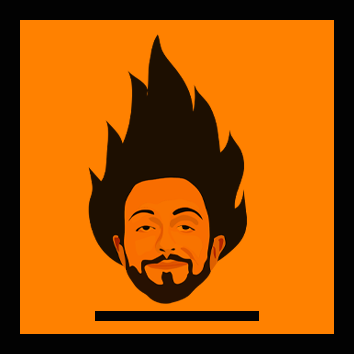Content
These are the people that can threaten your sobriety, the relationships that will only be toxic for your future. Individuals in 12-Step programs can cultivate new relationships full of hope and positivity. 12-step groups, offered in inpatient and outpatient rehab facilities, build community for individuals getting treatment for substance use disorders. These groups can be safe spaces to bond with a like-minded peer group. Some facilities have aftercare programs, which provide social activities for patients in facilities. Relationships are a necessary component of living one’s best life.
There are different opinions on when and how to disclose your recovery status. Some people believe it’s important to be completely upfront and let others know that you are a person in recovery during your very first encounter. Others take the position that it is best to see how the relationship develops and use that information to determine when to disclose.
Distractions from Recovery Goals
Acknowledging your mistakes of the past is part of the 12-step program. Make the rounds, visit those you’ve wronged, make sincere apologies, and ask for forgiveness from those you care about. All of the information on this page has been reviewed and verified by a certified addiction professional. Northpoint Seattle’s outpatient treatment program is located in beautiful Seattle, Washington, and we work to help the surrounding communities. If there were ever a time to be selfish and self-centered, it would be early recovery.
If you are in or have completed an addiction treatment program, you know this well. In recovery, you begin to restore relationships that were previously broken by drug use. You also begin to form new, positive relationships founded on recovery and respect. https://ecosoberhouse.com/article/should-you-have-relationships-in-recovery/ Healthy relationships involving honesty, for example, can encourage partners to support or inspire individuals to communicate about substance abuse. Partners can include boundaries to discourage post-recovery relapses if this applies to their partner.
Principles to Remember Regarding Toxic Relationships
On the other hand, codependency is a major sign of an extremely unhealthy relationship. A codependent person is emotionally off balance because their wants, needs, and what is best for them are secondary to those of the other person. Codependents have a “need to be needed,” so they largely define themselves by their efforts and ability to take care of someone else. This is particularly true in relationships that are impacted by substance abuse. If you’d like to learn more about substance abuse, treatment for addiction, or how to build healthy relationships while in recovery, then you’ve come to the right place.
- For instance, two people in recovery may be more likely to relapse together, or if just one relapses, may cause the other to, as well.
- Overall, being aware of your personal influences and maintaining self-care are positive ways to abstain from the possible dangers of negative and toxic relationships.
- It drives a wedge firmly between the people a person has pledged to hold nearest and dearest.
Not all relationships in a client’s life are healthy and positive ones. They’ll end up doing just the opposite —they’ll become a reason for a client to start to slip toward a relapse. People in a client’s life who are still using drugs and alcohol no longer have a place in their life. Neither do those who are, or have been, abusive toward the client. If someone has an issue with your sobriety (inevitably, this will occur), know how to walk away.
The Pitfalls of Dating Too Soon
If you have no relationships with people who don’t drink or use drugs, your counselor will strongly recommend that you begin to develop new relationships. Many times codependents exhibit enabling behavior by either directly or indirectly encouraging you to continue drinking or doing drugs. The focus of the first year in recovery should be on working your program, practicing the 12 Steps and meeting with your sponsor, counsels Desloover, not on the distraction of relationships. Get professional help from an addiction and mental health counselor from BetterHelp via phone, video, or live-chat. As you continue to work on yourself and your recovery, you will be less likely to engage in these kind of relationships. You will find them unappealing because they take away from your life rather than add to it.
Having an intimate relationship during recovery can allow us to practice all of these skills as we are learning them. If both partners are understanding of the learning process and open with mistakes along the way, this type of real-time practice can be truly beneficial. One of the great things about recovery and sobriety is that you have an opportunity to make new friends and create new types of connections. They don’t need to be based around getting high and checking out. It can be scary and strange at first, but you may find amazing people who will support you during the process of recovery and maintaining sobriety. The friends and connections you make with others during recovery, can open your world up to different kinds of people and to a mindset of building yourself up and accountability.
What are Wet Drugs and How are They Dangerous?
Also, when life gets difficult or challenging, having good friends who are also on the journey to recovery can provide the support you need for when something is challenging or rough. Once you decide to get help and start your recovery journey, healthy relationships are one of the most important things you can focus on outside of recovery itself. When you have strong relationships with other people, it helps facilitate your personal growth. Building healthy relationships in recovery is one of the more difficult parts of your journey. You may be trying to repair damaged relationships or navigating the world of relationships without the crutch of drugs or alcohol.


